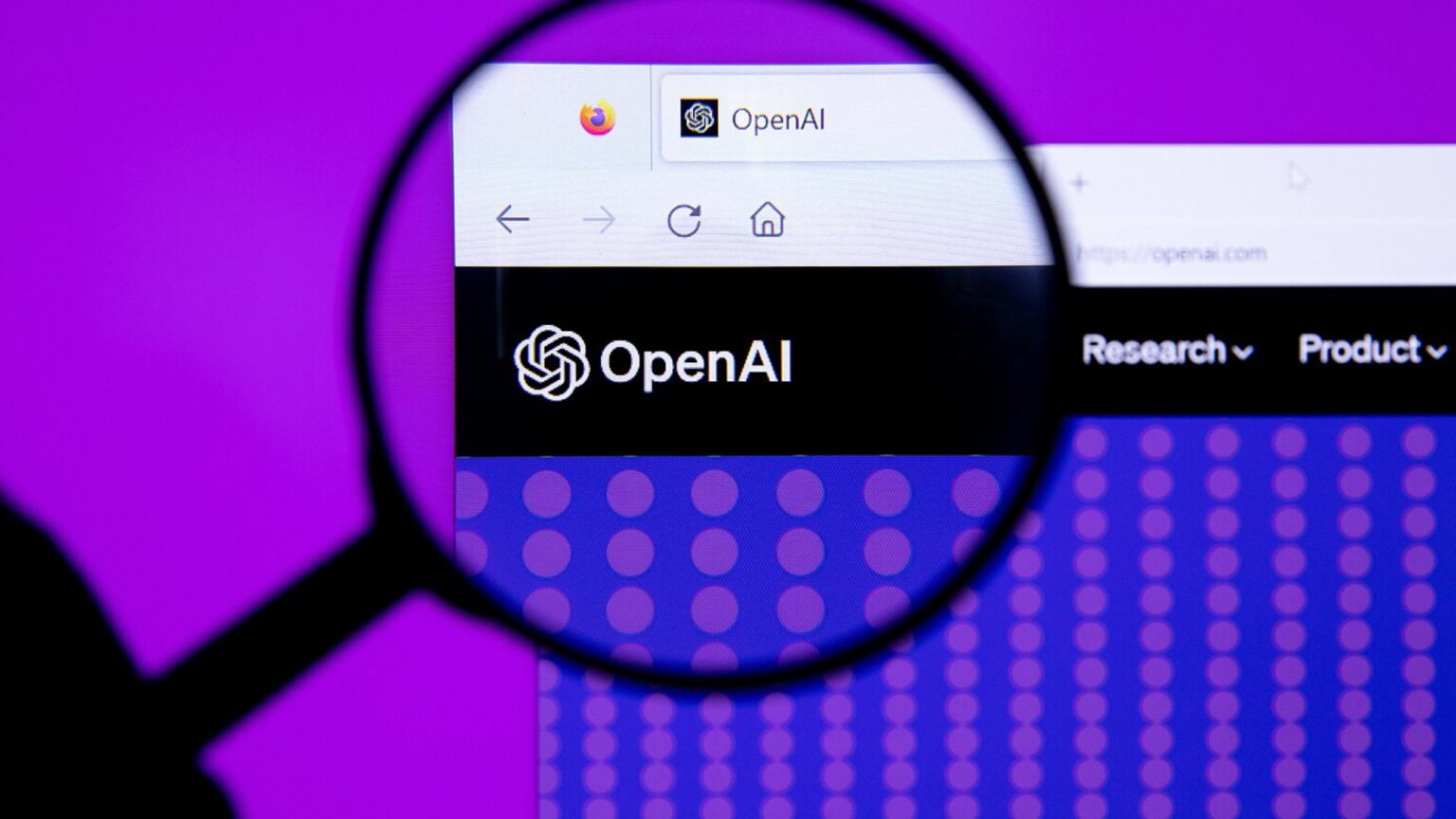According to a recent report, OpenAI has confirmed that a series of distributed denial-of-service (DDoS) attacks are the culprits behind the recent spate of outages plaguing its ChatGPT service.
As users across the globe encountered frustrating error messages and service disruptions, the company’s technical teams have been battling against a tide of abnormal traffic patterns indicative of a malicious DDoS campaign.
⚠️ In case you're wondering why #ChatGPT or your #GPT-powered apps aren't working, it's because there's an outage across ChatGPT and the APIs.
You can keep track of all @OpenAI status updates here: https://t.co/yLpXPoi2zS#ChatGPTDown pic.twitter.com/vyXlL9bzzU
— DataChazGPT 🤯 (not a bot) (@DataChaz) November 8, 2023
A Surge of Service Interruptions
The trouble began less than 24 hours ago when OpenAI’s incident report hinted at an ongoing struggle with “periodic outages.” Users of ChatGPT were greeted with vague error messages that obscured the underlying chaos.
These interruptions rattled the regular operations and struck just after OpenAI managed to rectify a separate, significant outage that had pulled the plug on its Application Programming Interface (API) and ChatGPT the previous Wednesday. A series of partial outages had also marred the service earlier on Tuesday, with the company’s Dall-E image generation service reporting high error rates on Monday.
As the situation unfolded, a banner across ChatGPT’s interface urged patience, suggesting that “exceptionally high demand” was overtaxing their systems. However, subsequent communications laid bare a more sinister cause: a deliberate attempt to overwhelm and incapacitate OpenAI’s services.
The Alleged Perpetrators
While OpenAI has not formally accused any entity of these attacks, the hacker collective known as Anonymous Sudan has brazenly claimed responsibility. They declared their motives stem from a perceived bias by the company towards Israel and against Palestine.
These assertions were disseminated via their Telegram channel, along with boasts about the efficacy of their SkyNet botnet, which specializes in sophisticated Layer 7 (L7) DDoS attacks, a method known for its effectiveness in draining server and network resources.
Anonymous Sudan (https://t.co/BuxG28ffBH) takes credit on their @telegram channel for yesterday's DDOS attacks on @OpenAI's ChatGPT and explains why they did it. pic.twitter.com/gDFbqZIUia
— Jason Mashak 🕊️☮️ (@jasonmashak) November 9, 2023
Anonymous Sudan surfaced in January 2023, positioning itself as a digital combatant against entities it perceives as antagonistic towards Sudan. Since then, it has launched a series of attacks against high-profile global organizations, demonstrating its capability to disrupt internet-facing infrastructures. Despite their claims, some cybersecurity experts speculate on a false-flag operation, hinting at potential links to Russian interests.
Investigating and Mitigating the Onslaught
OpenAI has implemented corrective measures to alleviate the pressure on its systems in response to these disruptions. They’ve recognized the sophisticated attacks involving HTTP flood attacks, cache bypass, and Slowloris tactics, all tools within Anonymous Sudan’s known arsenal. These strategies are not unfamiliar to OpenAI; Microsoft had previously confirmed similar attacks on its services by this group, tracked under the identifier Storm-1359.
Microsoft Security Response Centre has issued a new blog in response to the #DDOS attack which targeted Microsoft earlier this month, by a threat actor tracked as #Storm1359.https://t.co/uA3nfOld9e
— Sarah Armstrong-Smith (@SarahASmith75) June 17, 2023
The impact of the DDoS attacks has rippled beyond mere inconvenience. Users engaged in educational, creative, and professional activities that rely on ChatGPT’s robust AI have found themselves at a standstill. OpenAI has assured its user base of its efforts to fortify against these incursions and restore the service to its total capacity.
Moreover, the recent OpenAI developer conference highlighted the adaptability of ChatGPT, with new features aimed at customizing user experiences. Yet, amidst this development, the focus has sharply shifted to OpenAI’s resilience in the face of persistent cyber threats.
The industry watches closely as OpenAI’s engineers and cybersecurity professionals work around the clock to navigate this digital storm. They’re not just contending with a temporary setback but facing a test of their ability to secure the future of AI-powered platforms against an increasingly complex and hostile cyber landscape.









 and then
and then